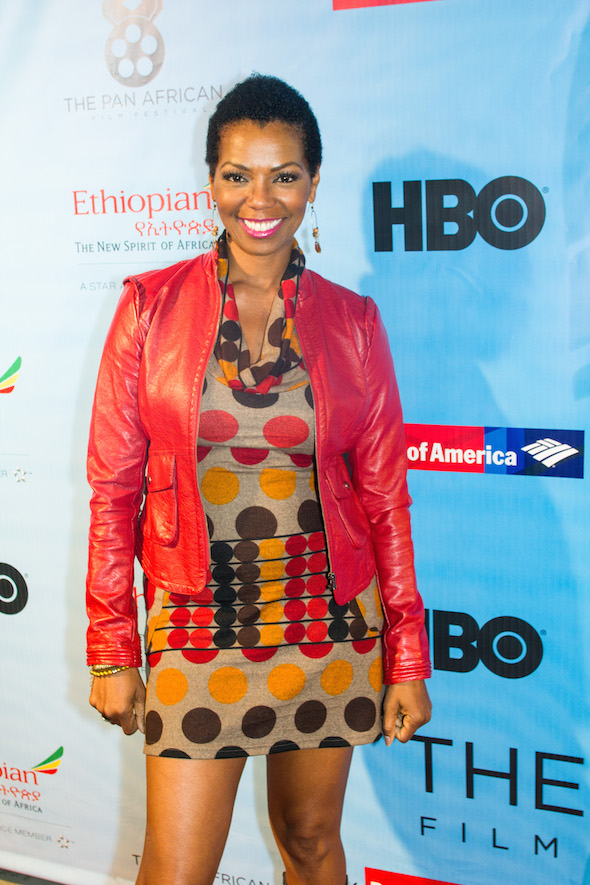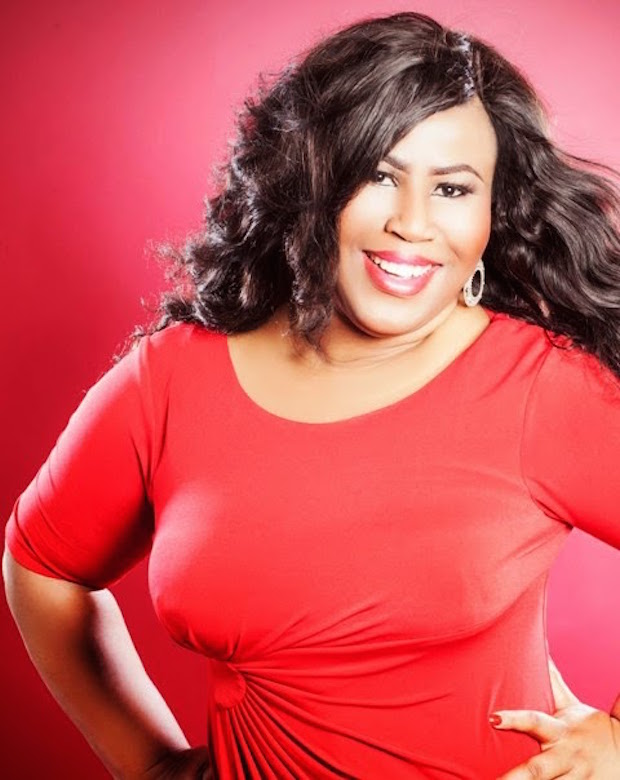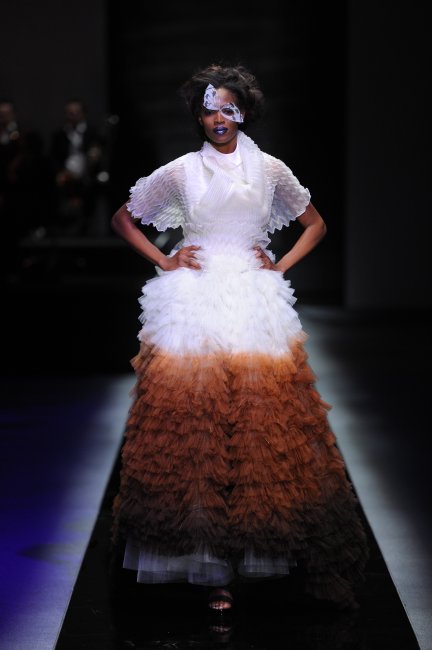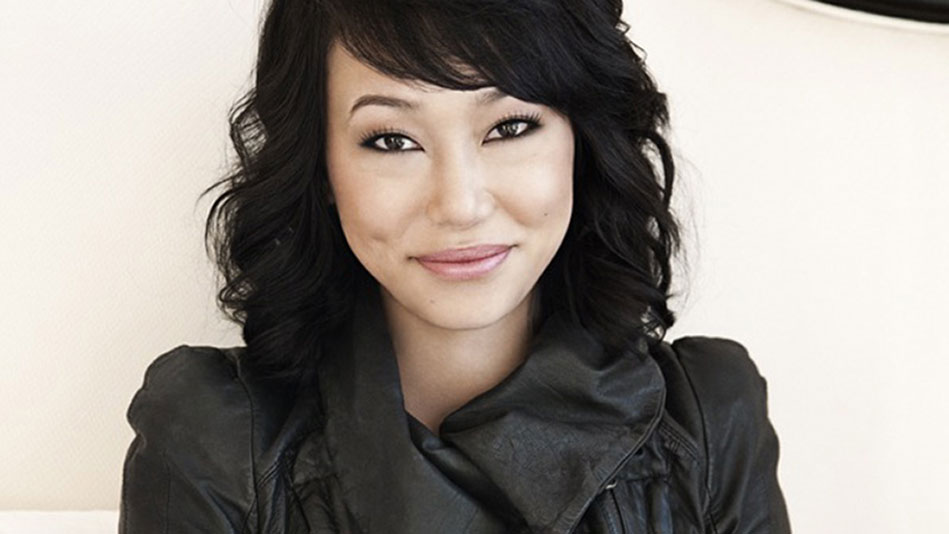
This is a two part interview with Hollywood insider, Emmy-winning producer and two-time NAACP Theater Award winning playwright/producer, Mike Ajakwe. Ajakwe gives us some very valuable information about the industry. In this interview, Part I, he covers what the strike was all about with the Writer’s Guild of America, the nation’s current slow economy and impact on film business, emerging so called “third world” film markets and stereotypical roles Africans are expected to play in Hollywood. His interview is a must read!
LADYBRILLE.com: Mike, you are a very busy [man.] So, we are grateful for this interview. How are you?
Ajakwe: I am good. I have my health, my mother is well, my family members are all prospering, my house is not in foreclosure, my cars are paid off, no one is chasing me saying I owe them money, I get to do what I love for a living–I have no complaints. Life is good. I am very very blessed, thank you.
LADYBRILLE.com: We thank God. It’s been a minute since we connected so we “gost” to make it happen mennhn!
Ajakwe: I know. I haven’t spoken to you in a few months. Congratulations on Ladybrille. I don’t know why you think anybody would want to read what I have to say, but thanks for asking me anyway [smiles]. I hope I don’t disappoint your readers [smiles].
LADYBRILLE.com: Okay, let’s talk film business. There is so much going on and it hasn’t been very good news for Hollywood. Could you fill us in on the current state of the film/TV business in Hollywood including what the Writers Guild of America [WGA] 14weeks strike was all aboutWhat was the Writer’s Guild 14 Week Strike all About?
Ajakwe: The WGA Strike was about money, basically. Twenty six [26] years ago, the WGA did not take a firm stand on VHS [videotape] residuals [repayments that the movie studios and television networks make to writers for re-airing their work] and basically got raped. For every dollar, I am told we get four cents. Composers, I hear, get 11 cents. But there would be no film without us. And yet out of an entire dollar, the writer’s contribution is only worth less than a nickel. So with the advent of DVDs and this massive juggernaut called “The Internet,” there is no way we writers were going to [let that happen again].
We decided to take a stand and unite against the movie studios and TV networks and the result of the four month work stoppage protest was a deal three times better than what was originally put on the table. “No” we did not get everything we wanted. But, we got more than we would have had we just taken the table scraps they wanted to give us. [For more information on the recent WGA strike, visit http://www.wga.org/].
LADYBRILLE.com: You are a respected writer in the industry. What impact did the strikes have on you?
Ajakwe: The WGA Strike put every writer out of work, so I was no different. I was on the picket lines at Paramount Studios with other feature and TV writers, fighting for what we believed in. Even though I also produce and direct, in my heart, I am always a writer first. I actually remember the first big WGA Strike back in 1988. I was brand new to the business and was still somebody’s assistant with dreams of being a working writer. Now, here I am, 20 years later, on those same picket lines as a member of the union. It was a trip. I learned a lot about struggle and sacrifice for a greater good, gained a lot of respect for those who stood by us like the Teamsters, the Screen Actors Guild [SAG], and even international brother unions like the Writer’s Guild of Nigeria.
LADYBRILLE.com: By now, I am sure you are aware the Paramount film financing deal of $450million collapsed. What does this mean for movie goers?
Ajakwe: I’m not sure what it means to moviegoers, but I’m sure the folks at Paramount aren’t too happy. The credit crunch that started in the U.S. nearly two years ago in the housing sector has far reaching effects that has spread throughout the world. So, I am not surprised it would affect a studio, even a big one like Paramount. Money is tight all the way around, man.
LADYBRILLE.com: [I hear you]. I am noticing, all across the board, whether fashion, film, music, it seems like the entertainment business in the USA should begin looking beyond its shores from cutting cost to fresh ideas. I know you have done some looking yourself with teaching script writing to Nollywood’s professionals in Nigeria. What are your predictions in terms of Africa as an emerging film market and collaborations with Hollywood and Nollywood, for instance?
Ajakwe: You are right. The Film and TV business models are archaic, fat and wasteful. Change is coming. We already see it in TV with what Tyler Perry has managed to do with his show “House of Payne.” He had it at Fox [but] they would not allow him to have his vision. So, he developed it himself, using his own money [and] sold it to Turner Broadcasting Systems [TBS] in syndication. It is doing well, and now Fox is going to rebroadcast it in syndication this fall. Go figure that out.
Whether you love his product or not, Tyler Perry is redefining what it cost to make a hit sitcom. He has proved it is possible to do it on the cheap and still pull ratings and advertisers. It’s working. Others are now following suit, which is typical of a copycat industry like Hollywood. Yes, I have been blessed to travel to countries like Brazil and Nigeria to teach TV and film writing and work with [local] writers. In both instances, I was truly honored. I think filmmaking is the greatest thing to hit Nigeria since the oil boom of the 1960s.
There is nothing like seeing yourself on screen and having a sense of pride. It’s important. Americans know this, which is why they show their films all over the world. American films, besides providing great escapism, serve as goodwill ambassadors for the country. They make it seem better than it actually is and promote the concept of freedom, liberty and democracy all over the world. It’s as much propaganda, to me, as it is entertainment.
LADYBRILLE.com: Speaking of a self-esteem, do you think there are stereotypes about Africans perpetuated in the film business in Hollywood? What are they?
Ajakwe: Of course there are stereotypes. Every ethnic group has them. [Africans] are no different. Some of them are true, some are not. Some are good, some are bad. For instance, Hollywood perceives us as being very studious, very hard working and clever, but also very sneaky, money-hungry and sexist [at least, in terms of the men]. Right now, we have become very popular for the numerous internet scams that allegedly were germinated in Nigeria and have now spread throughout the world. We are also revered as a people with a rich and proud culture, with beautiful home-made clothes and for being royalty and Chiefs [smiles].
I think we like the latter stereotypes, don’t we? I don’t mind if Americans assume I am a Chief [Mike Ajakwe is actually a Chief] or that I hail from a very proud and layered culture. The other stuff can go. I think as more Nigerian filmmakers get into Hollywood, the stereotypes won’t necessarily go away but they may become more balanced, which is all any ethnic group can ask for, balance in media representation.
Nigerian films are now serving the same purpose, showing more of Nigeria and its people than has ever been seen before. It is truly an amazing and welcome phenomena. We have fallen in love with seeing ourselves on the big and small screen and if that’s not good for self-esteem, pride, patriotism [and now profit], I don’t know what is.
TO BE CONTINUED . . .
Founded in 2007, Ladybrille® Magazine is a California based pioneer digital publication demystifying the image of Africans in the west through contemporary African fashion and celebrating the brilliant woman in business and leadership, with an emphasis on the African woman in the diaspora. Our coverage includes stories on capital, access to markets, expertise, hiring and retention, sales, marketing, and promotions.





